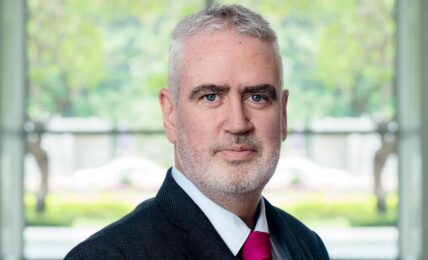Battery materials recycling and repurposing-focused cleantech startup Princeton NuEnergy (PNE) announced that it has raised $16 million at the initial closing of its Series A funding round, with proceeds aimed at advancing the company’s lithium-ion battery recycling technnology.
Lithium-ion batteries are used in electric cars as well as for solar-power backup and in electronic devices such as phones and laptops. Mining for raw materials for these batteries faces a series of sustainability challenges, ranging from risk of human rights violations andenvironmental damage. In order to mitigate the batteries’ environmental damage in the renewable energy transition, companies must make create feasible, economical methods to recycle the batteries and their component parts and materials.
Spun out from Princeton University in 2019, PNE focuses on the recycling of lithium-ion batteries utilizing a low-temperature plasma-assisted separation process (LPAS) that the company said significantly reduces the cost, environmental waste, and carbon emissions commonly associated with lithium-ion battery recycling. The company said that its technology enables a 70% water usage reduction, and an 80% reduction in energy and CO2 emissions, as well as a 48% cost reduction compared to virgin materials and 29% compared to hydrometallurgical battery recycling. Additionally, according to PNE, its approach enables higher critical material recovery rates and superior material performance compared with traditional recycling methodologies.
PNE will use the proceeds for new recycling facility construction and equipment procurement to further increase processing capacity and support company operations.
PNE Founder and CEO, Dr. Chao Yan said:
“As the world navigates the challenges of sustainable energy and responsible technology disposal, PNE remains dedicated to driving innovative solutions that have a positive impact,” stated. This Series A funding round represents a major step towards realizing our vision of a cleaner, greener future through cutting-edge lithium-ion battery recycling technology.”
The round was led by technology service provider Wistron Corporation, and included new institutional investors Honda Motor Co., Ltd., GS Futures, and Traxys North America, as well as participation from previous investors including Greenland Technologies, Shell Ventures, and WorldQuant Ventures.
Manabu Ozawa, Managing Executive Officer of Honda Motor Co. said:
“Princeton NuEnergy has an innovative concept and technologies for lithium-ion battery recycling, and Honda has high expectations for their future potential. The plasma-based direct recycling technology will enable the sustainability of the EV battery supply chain and, as Honda strives to achieve 100% use of sustainable materials by 2050, we envision that this technology has a great potential.”
In addition to the $16 million Series A and previous seed rounds totaling $7 million, PNE has been awarded multiple research grants for battery recycling from the U.S. Department of Energy, most recently for $12 million and $4.375 million. PNE has committed to reducing U.S. reliance on foreign critical materials, expanding domestic manufacturing capabilities, and enhancing the creation of high-quality clean energy jobs in the U.S.



